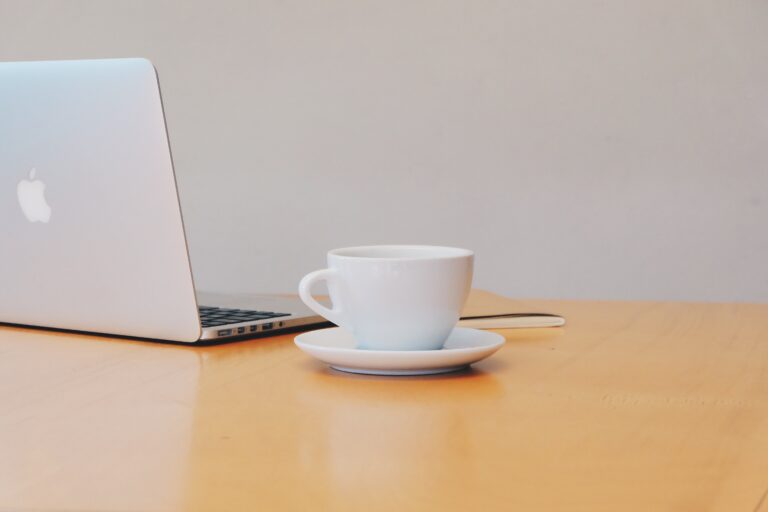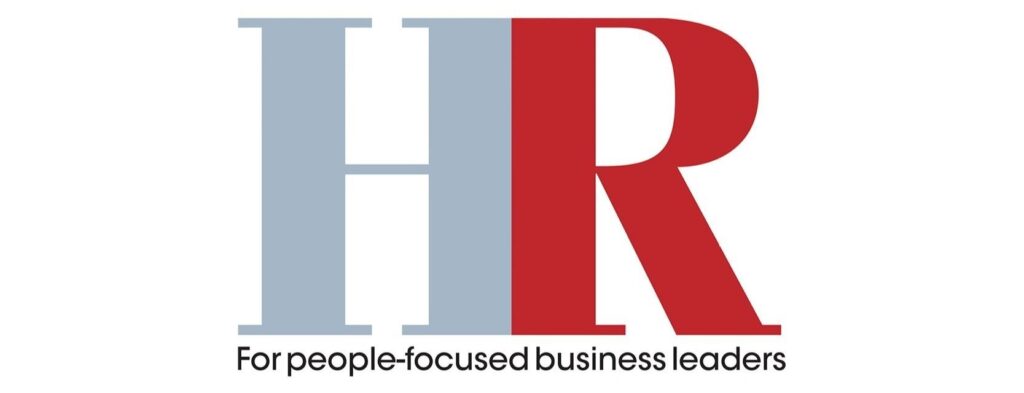Pamela Iyer barely knows what her director looks like since she began her role as a commissioning specialist for Wokingham borough council during the pandemic. Remote work has become the norm, with everyone keeping their cameras off during Zoom calls. Pamela has only seen her director’s photograph, which has made her conversations feel awkward. She misses the ability to gauge his facial expressions and connect on a more personal level. The pandemic has transformed our work lives in countless ways, with millions of jobs lost and ongoing job insecurity. However, even without job concerns, the shift to remote work has altered the way we interact with our colleagues.
Jeremy Hunt’s recent attempts to encourage employees back to the office by emphasizing the camaraderie and creative energy found in shared office spaces were met with skepticism due to concerns about COVID-19 risks. Nevertheless, his words hold some truth. Many of us miss the social interactions that came with working in a shared space, from casual coffee chats to elevator small talk or even the guise of gossip around the office photocopier. These face-to-face interactions made our workdays more enjoyable, helped us feel connected, and sometimes led to lasting friendships.







